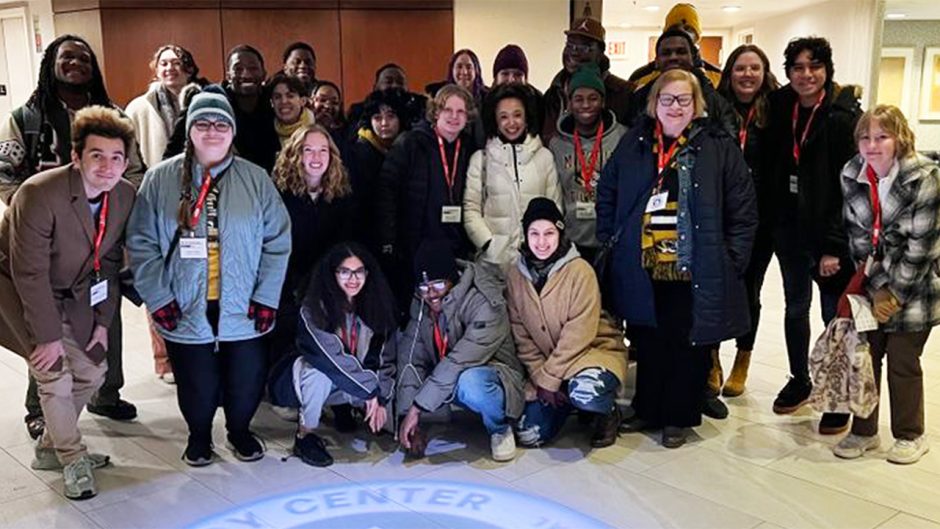Being from a predominantly black country like the Bahamas, which is 95 percent black, race isn’t an issue. Being black in America means that you are more aware of your color and the perceived, I would say biases, but the preconceived notions people may have of you. You are more aware of your race, I don’t know if that’s a good thing or a bad thing, but you are more aware of it. I think being black in America means at some level that it’s incumbent upon people like myself or any other black person to set an example for others. So, I look at myself being a Bahamian. I look at myself as an ambassador for the Bahamas. So, wherever I go I want to do well not just for myself, but for my parents and my country.
It’s always good to look back at history to know where you come from. It shows that, in this country, black people have a lot to be proud about. Fifty years ago, blacks and whites and people of all colors and races and creeds came together and said we are not going to stand for this anymore. All people must be treated as people. There’s a lot to be proud for, but there’s also things to be concerned about. Hundreds of years of institutionalized racism doesn’t go away with the stroke of a pen or the passing of a law. It’s something we continually need to work at everyday.
It’s important because it’s an opportunity to look back at people taking a stand for what they know is right, people saving the inherent value of a man because of his humanity. It’s important also to show that greatness can come from anybody. There have been many people who provided many contributions to the United States over the years – blacks, whites, males, females. And so, this is the opportunity to look at the contributions that African Americans, black people, have made.




